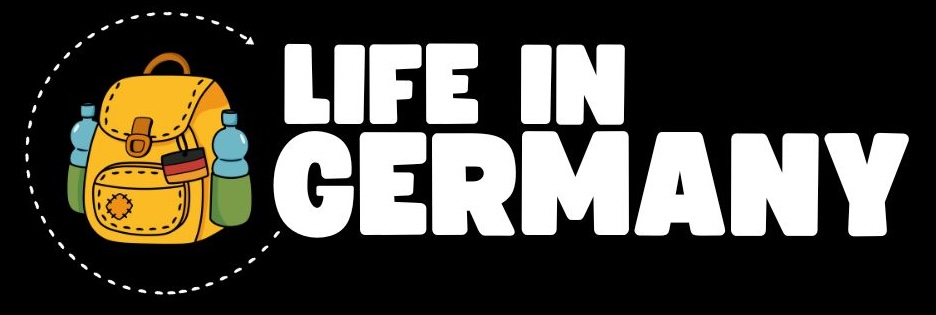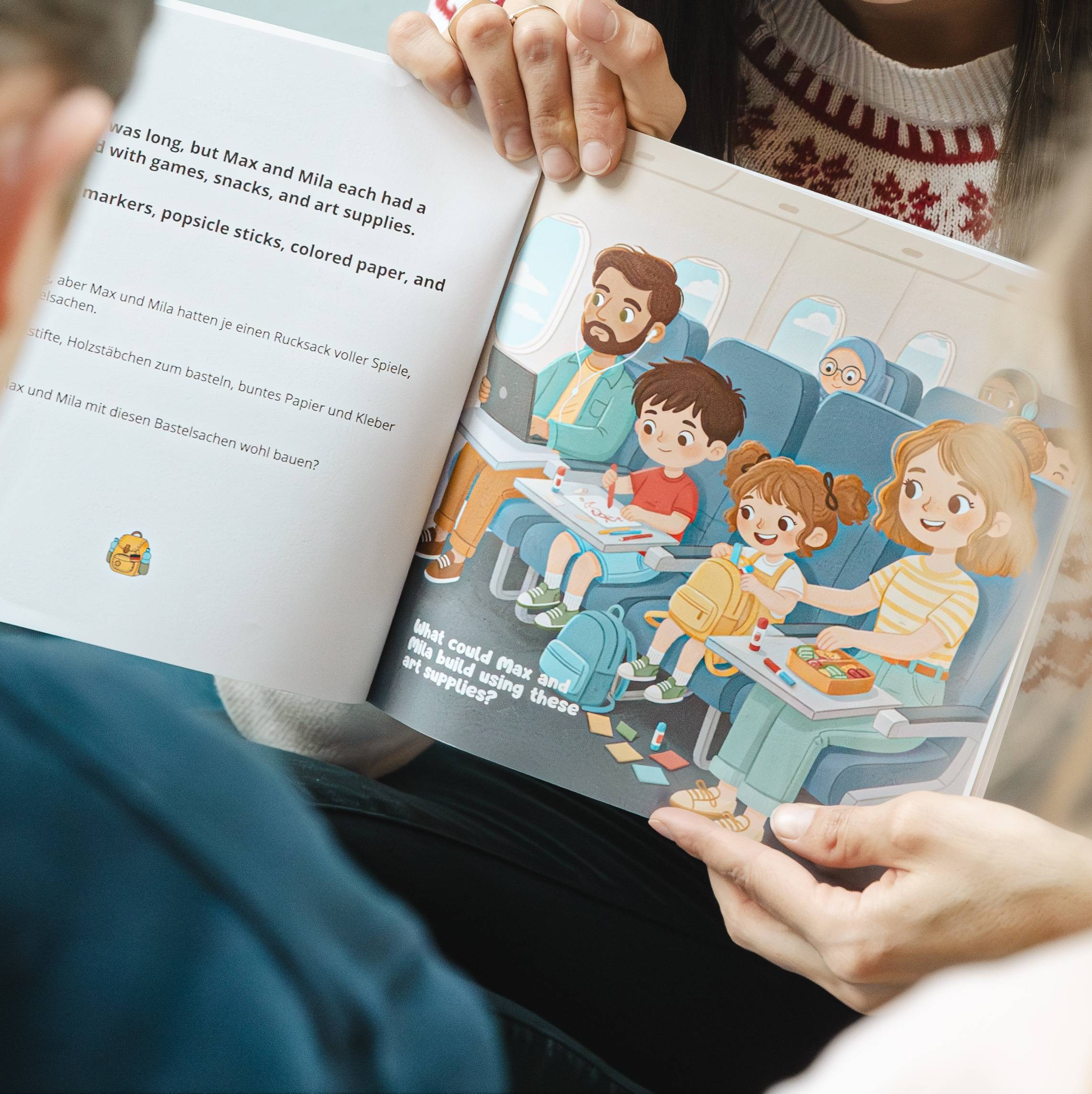Language is a bridge that connects cultures, but it can also lead to amusing misunderstandings. When Germans speak English, there are certain words and phrases that often trip them up. This article explores the most popular English words that Germans pronounce wrong, shedding light on the charm of these linguistic quirks. Understanding these mistakes not only fosters better communication but also brings a smile to our faces. Let’s dive into some of the most common errors and learn a bit more about them!
MOST POPULAR ENGLISH WORDS THAT GERMANS PRONOUNCE WRONG!
- Common Confusions: Lending vs. Borrowing
- Giraffe: The Word That Trips Up Many
- Putting Shoes Off: A Cute Misunderstanding
- ️♂️ Making Sport: A Common Phrase Mix-Up
- Making a Picture: A Creative Misinterpretation
- Weekend Plans: At vs. On
- Prescription vs. Recipe: A Confusing Pair
- Receiving vs. Becoming: A Subtle Shift
- Embracing Mistakes: A Language Learning Journey
- Final Thoughts
Common Confusions: Lending vs. Borrowing
One of the most frequent mistakes Germans make in English is the mix-up between “lend” and “borrow.” This confusion can lead to amusing sentences that leave both parties giggling. In English, when you give something to someone, you are lending it to them. Conversely, when someone takes something from you, they are borrowing it.
For instance, a German might say, “I borrowed my book to her,” instead of, “I lent my book to her.” It’s a subtle difference, but it showcases how language structure can alter meaning. This mistake is quite common, even among fluent speakers, and serves as a reminder of the complexities of English grammar.
Giraffe: The Word That Trips Up Many
Another word that often causes confusion is “giraffe.” This seemingly simple word can be pronounced in various ways, leading to some humorous situations. In German, the word is pronounced “Giraffe,” which can lead to the English pronunciation sounding a bit off. Some may say “giraffe” with a hard “g” sound or misplace the emphasis, creating a comical moment.
This mispronunciation is not limited to children; even adults who speak English fluently can fall into this trap. It’s a great example of how pronunciation can vary between languages and how learning a new language often involves navigating these quirks.
Putting Shoes Off: A Cute Misunderstanding
When it comes to taking off shoes, Germans might say, “Do we have to put our shoes off?” instead of the correct phrase, “Do we have to take our shoes off?” This charming mistake highlights the differences in how actions are expressed in German and English.
Many people, including adults, can be heard using “put off” instead of “take off.” This can lead to light-hearted exchanges and a shared understanding of the challenges of language learning. It’s always refreshing to see how such small errors can create warmth and connection between speakers.
️♂️ Making Sport: A Common Phrase Mix-Up
Another frequent error is the phrase “to make sport.” In English, we would say, “Are you doing any sports tonight?” However, many Germans might say, “I need to make more sport.” This phrase can confuse listeners, as it sounds like the speaker is trying to create a sport rather than participate in one.
This mistake is often made by individuals who are well-versed in English, illustrating that even those with a strong command of the language can slip up. It’s a reminder that language learning is a journey filled with both challenges and delightful moments.
Making a Picture: A Creative Misinterpretation
When asking someone to take a photo, many Germans might say, “Can you make a picture for me?” instead of the correct “Can you take a picture of me?” This mix-up can lead to confusion, as “make a picture” could imply drawing or creating art rather than capturing a moment.
This common mistake showcases the creative interpretations that arise from direct translations. It’s a testament to the playful nature of language and how meaning can shift with different expressions.
Weekend Plans: At vs. On
Another linguistic hiccup occurs when discussing weekend plans. Germans might say, “What are we doing at the weekend?” instead of “What are we doing on the weekend?” This reflects a direct translation from German that doesn’t quite fit into English grammar.
Such errors are not only endearing but also highlight the intricacies of English prepositions. The differences in language structure can create delightful moments of learning and connection.
Prescription vs. Recipe: A Confusing Pair
One of the most amusing mistakes involves the words “prescription” and “recipe.” In German, the word for prescription is “Rezept,” which translates to recipe in English. This can lead to humorous misunderstandings, such as when a German speaker says, “Did you get a recipe from the doctor?”
This error is particularly funny because it highlights the importance of context in language. While recipes are meant for cooking, prescriptions are for medication, and mixing them up can lead to some comical situations!
Receiving vs. Becoming: A Subtle Shift
Finally, the confusion between “receiving” and “becoming” is another charming mistake. Germans might say, “I became that package,” instead of “I received that package.” This mix-up showcases the nuances of verb usage in English, which can be tricky for non-native speakers.
Such errors are a reminder that language learning is a process filled with opportunities for growth and laughter. It’s important to embrace these moments and appreciate the effort that goes into mastering a new language.
Embracing Mistakes: A Language Learning Journey
Making mistakes is an integral part of learning any language. It’s essential to approach these errors with humor and understanding. Each mispronunciation or grammatical slip is a stepping stone toward fluency. As English speakers living in Germany, we should also reflect on our own language errors when speaking German.
By sharing these common mistakes, we foster a sense of community among language learners. It encourages open conversations and supports the idea that we are all in this together. Whether you are a native German speaker or an expat navigating the language, there’s always room for growth and improvement.
Final Thoughts
Language is a beautiful, evolving entity that reflects our cultures and experiences. Embracing the quirks and mistakes that come with learning a new language adds depth to our conversations and connections. The most popular English words that Germans pronounce wrong are not just errors; they are opportunities for laughter, learning, and growth.
As we continue to navigate the complexities of language, let’s celebrate our mistakes and cherish the moments they create. Share your own experiences and any funny language mix-ups you’ve encountered. Here’s to bridging cultures and fostering understanding, one word at a time!
Made with VideoToBlog




